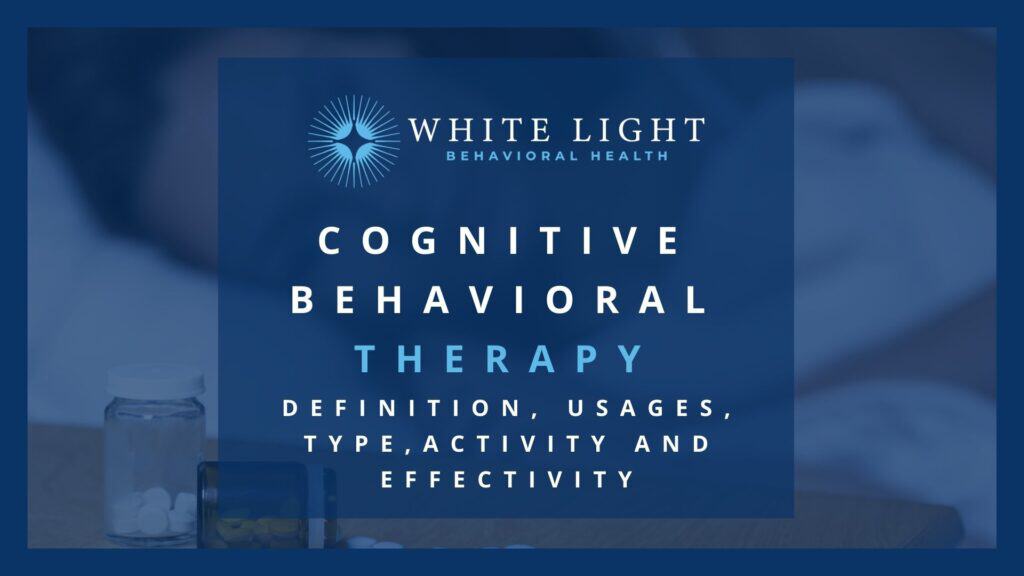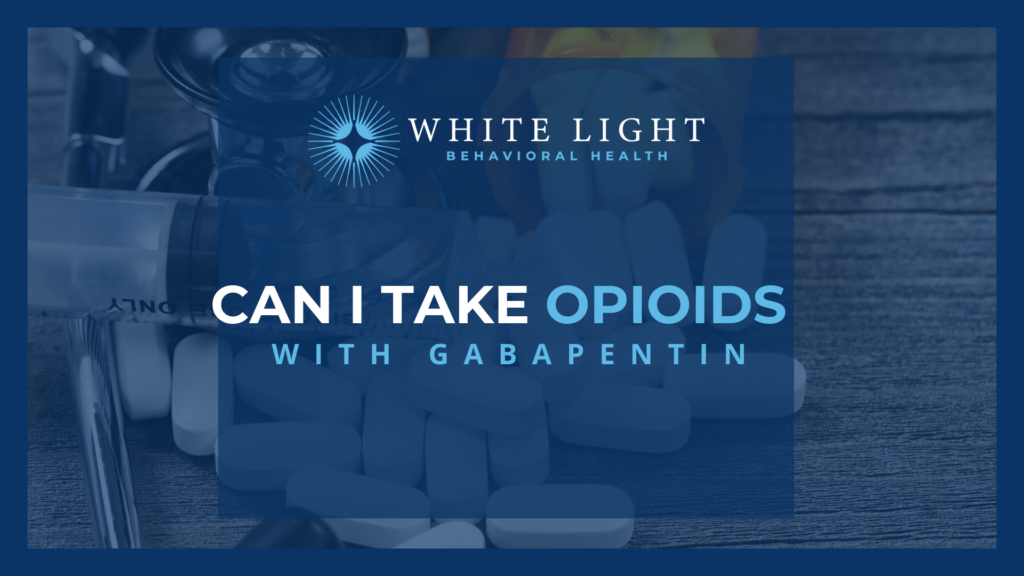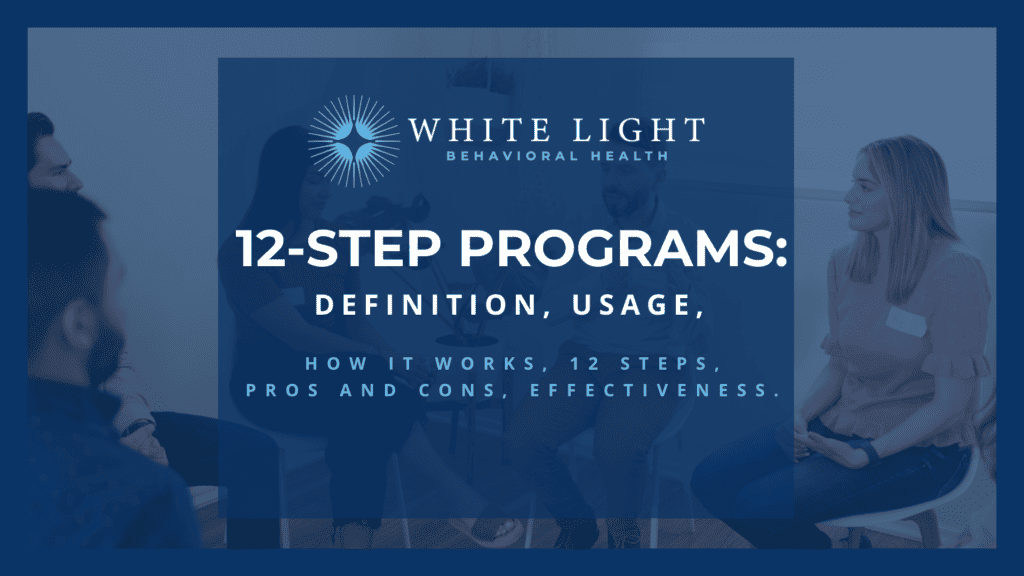
What to Know About Cognitive Behavioral Therapy to Treat Addiction
Break the Need for Self-Medication
The ABCs of Cognitive Therapy
- Activating event: Do you drink or use a drug after a bad day at work or after a fight with your spouse?
- Beliefs about the event: Is a bad day at work inevitable because your boss is a jerk or your co-workers are lazy? Is your spouse always badgering you as soon as you get home?
- Consequences of your behavior: Do you want to be disconnected or foggy all night when your children need you? Do you want to deal with the financial pressures that your drug of choice puts on your budget?
As you come to understand your thoughts and how they have impacted your behavior over time, you have a starting point for conversations with your spouse. You will have a way forward to rebuild connections with your children.

Healing the Brain
- Humanity’s basic needs, such as those for food, water, and shelter, are driven deep within the brain, and when we lack any of them, our emotions can override rational thought. For example, if your children are hungry, but you have no food or money to buy some, stealing food quickly becomes a viable option. Often, actions taken based on these deepest needs happen with no thought at all.

Private and Group Therapies
As you move into the rehab and treatment process, you may participate in both group and private counseling that includes features of CBT. During your private sessions, you may start to look at negative thoughts or concepts that you hold about your worth. These concepts may have been acting on your view of your self-worth for a long time and may have left you feeling isolated and alone.
Your therapist may have given you new tools to look at these thoughts. You may be able to look at them from a different angle and create enough mental space to understand how cognitive distortions can lower your self-esteem and harm your relationships. You can learn to alter how you look at yourself, your circumstances, and the world around you.
When you enter into group therapy, your feelings of isolation and loneliness can fall away. You are not the only person struggling to take their brain and their life back from addiction. You are not the only person who has tried and failed to control an addiction on their own.
As isolation falls away, you can learn to socialize without drugs and alcohol. You can learn to be more caring and altruistic; offering your viewpoint or your coping tools becomes easier because you are not judging yourself as harshly as you have in the past.

Likely, everyone in your group therapy sessions is also undergoing private counseling, and for many, that may involve CBT. The coping tools and questions of other group members may be different from yours. As you loosen up the rigidity of your thinking, especially about your past, you may also be able to integrate some of their insights.
Tools You Can Take Home
- CBT is generally treated as short-term therapy involving five to 20 sessions. While you can certainly go back for a brush-up or get help tackling a new problem, the skills you learn in CBT therapy to help overcome addiction can also be taken home to help you live a better life outside of rehab.
- manage powerful emotions like anger, fear, or sadness
- manage symptoms or prevent mental illness relapses
- cope with physical health problems
- resolve conflicts
- improve communication skills
- become more assertive
CBT cannot train you out of attending to your instincts. You will still get hangry, and you will still steal the blankets in your sleep. However, CBT can help you to understand how to manage the pressure and urgency of thoughts that come up when you don’t need to be in survival mode.
You can learn to relax without drugs and alcohol. You can retrain your brain to stop wrapping you in negativity that you need to numb or wash away. You can create mental space to understand why you have reacted instinctively in the past, with distorted ways of thinking, and what you can do to make room for new, more helpful thought patterns.
CBT can benefit you both in rehab and back in the “real” world. To get started with managing your addiction, reach out to our team at White Light Behavioral Health in Columbus, Ohio today.


Share This Post



